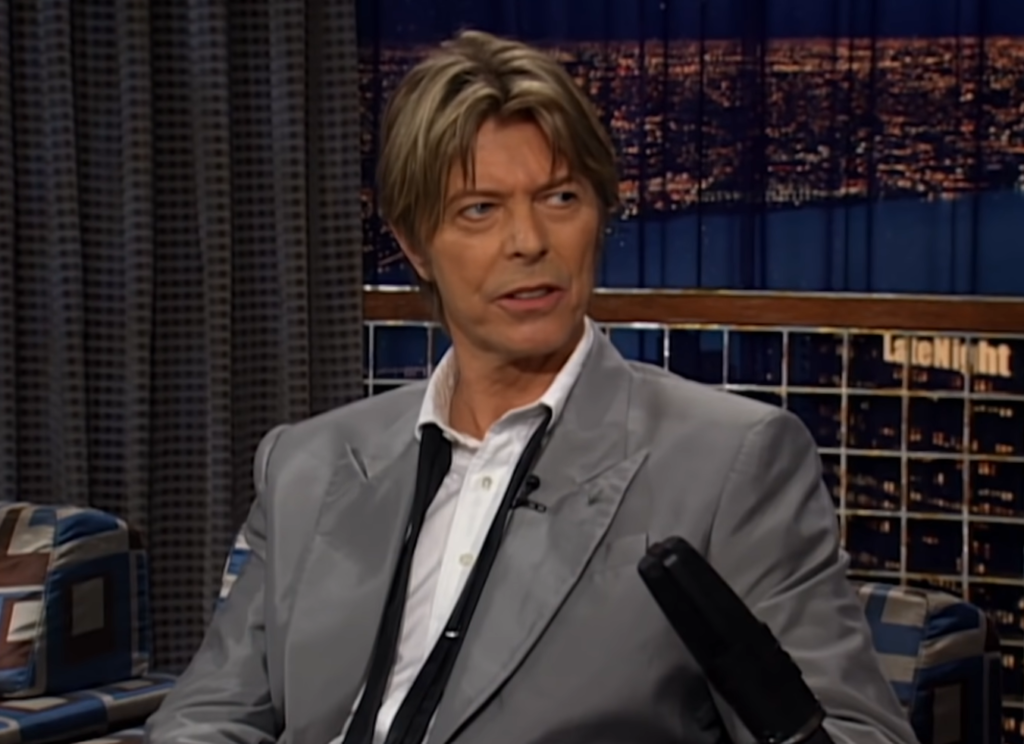David Bowie is one of the most iconic and influential musicians of the 20th century, with a career spanning several decades and multiple genres. Over the course of his career, he inspired and influenced countless musicians and artists, both in his native England and around the world. Here are some of the artists who have been influenced by David Bowie:
Lady Gaga: Lady Gaga has frequently cited David Bowie as one of her biggest inspirations. She has spoken about his influence on her music, style, and persona, and has performed several of his songs in tribute to him. In 2016, she even performed a medley of Bowie’s hits at the Grammy Awards, wearing a costume inspired by his iconic Ziggy Stardust character.
Trent Reznor (Nine Inch Nails): Trent Reznor has spoken about the profound impact that David Bowie had on his music and artistry. He has cited Bowie as a major influence on his band Nine Inch Nails, and has covered several of his songs in concert. He also collaborated with Bowie on the song “I’m Afraid of Americans” in 1997.
Arcade Fire: The members of Arcade Fire have frequently cited David Bowie as an inspiration for their music and artistry. They have covered several of his songs in concert, and have spoken about the impact that he had on their approach to songwriting and performance.
Kanye West: Kanye West has cited David Bowie as one of his biggest inspirations, particularly in terms of his willingness to take creative risks and push boundaries. He has spoken about the influence that Bowie had on his album “Yeezus,” and has sampled his music in several of his songs.
Iggy Pop: Iggy Pop was a close friend and collaborator of David Bowie, and was heavily influenced by his music and artistry. The two artists worked together on several albums, including “The Idiot” and “Lust for Life,” and Bowie produced many of Iggy Pop’s early solo recordings.
Madonna: Madonna has frequently cited David Bowie as an influence on her music and style. She has covered several of his songs in concert, and has spoken about his impact on her approach to performance and image-making.
Radiohead: The members of Radiohead have cited David Bowie as a major influence on their music and artistry. They have covered several of his songs in concert, and have spoken about the impact that he had on their approach to songwriting and production.
Prince: Prince was a fan of David Bowie’s music and was heavily influenced by his artistry. He covered several of Bowie’s songs in concert, including “Heroes” and “Moonage Daydream,” and has spoken about his admiration for Bowie’s willingness to take creative risks and experiment with different styles.
The Killers: The members of The Killers have cited David Bowie as an influence on their music and style. They have covered several of his songs in concert, and have spoken about the impact that he had on their approach to songwriting and performance.
The Smiths: The Smiths were heavily influenced by David Bowie’s music and artistry, particularly his early work from the 1970s. They covered several of his songs in concert, and have spoken about his impact on their approach to songwriting and performance.
In conclusion, David Bowie was one of the most influential musicians of the 20th century, with a career spanning multiple genres and several decades. His artistry and creativity inspired and influenced countless musicians and artists around the world, from Lady Gaga to Kanye West to Radiohead. Today, his legacy continues to inspire and captivate music fans around the world, cementing his place as one of the greatest artists of all time.





